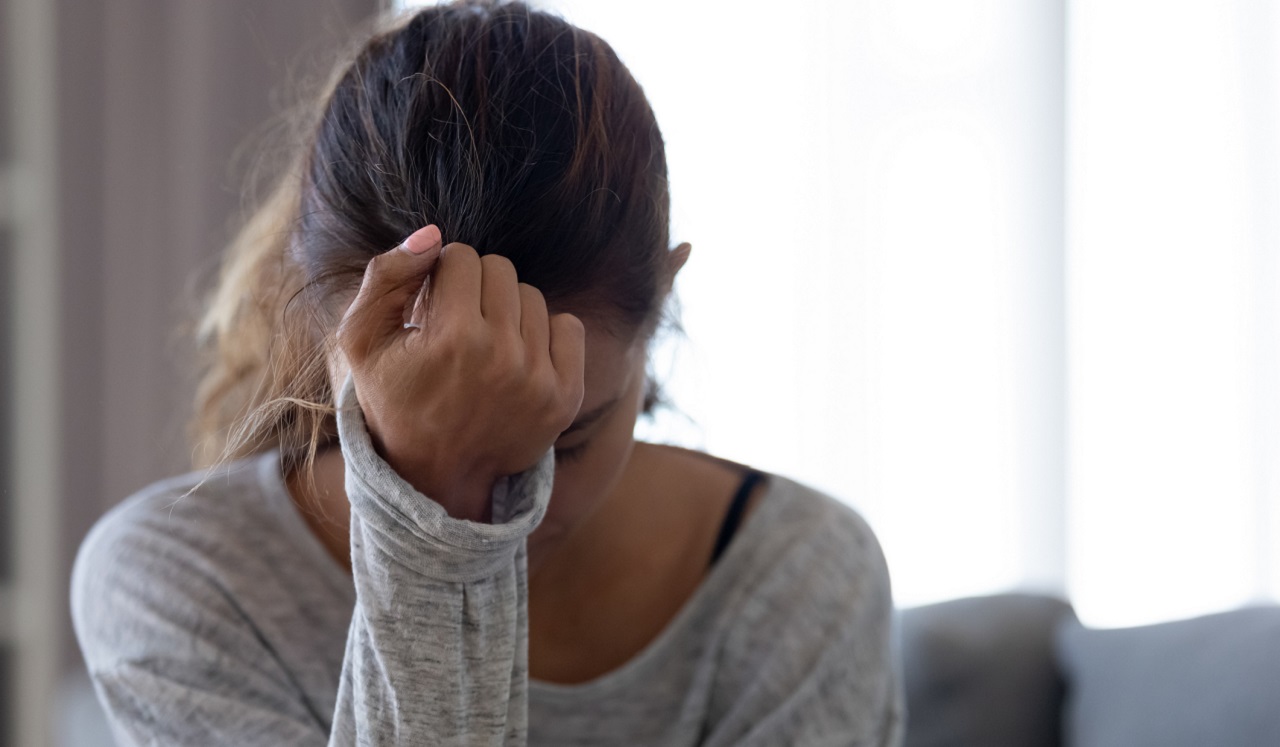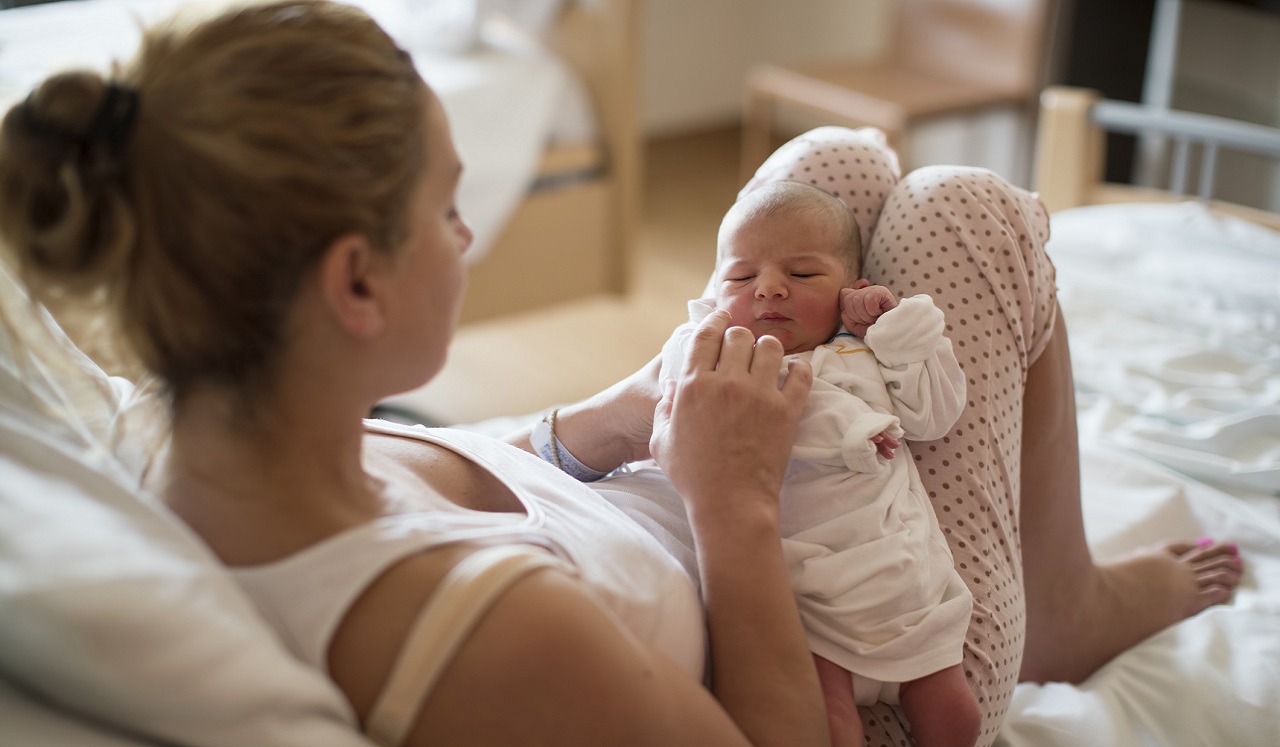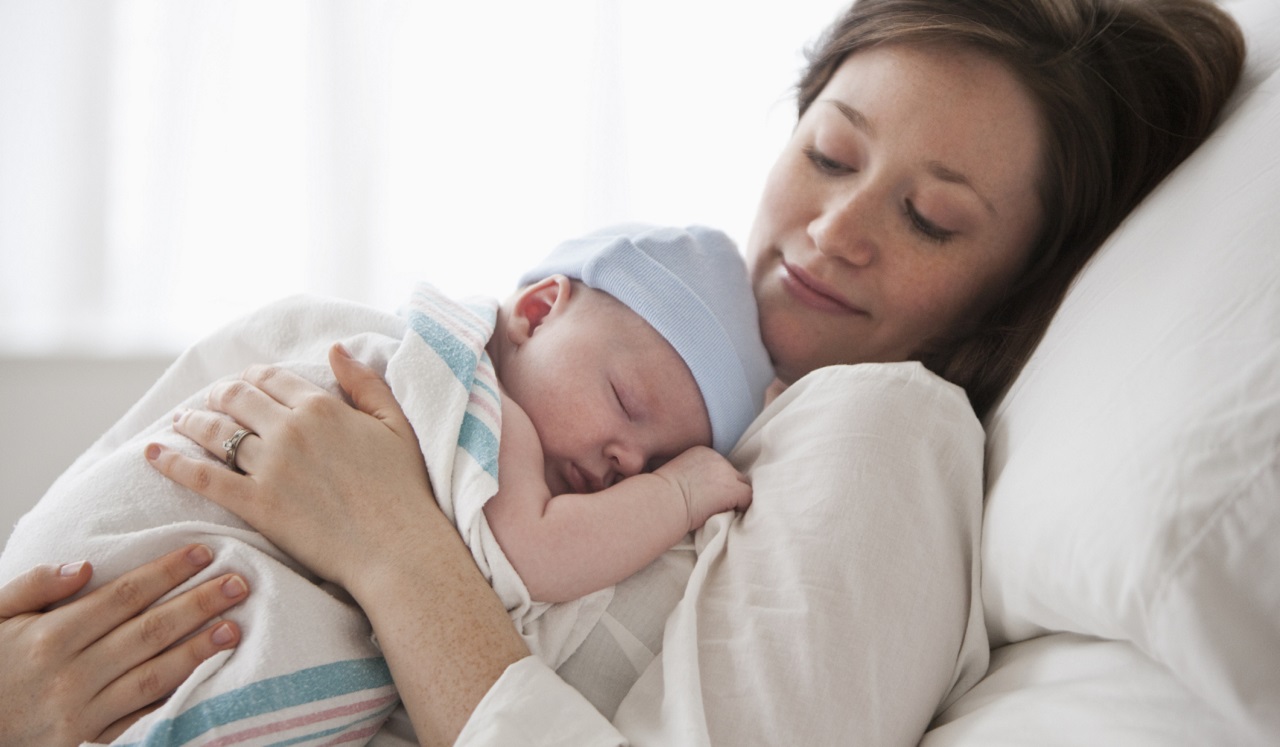There’s no greater bliss than holding your newborn in your arms.
So why do you feel sad or anxious just days later—and should you be concerned?
“Anxiety before and after delivery is totally normal,” says Rikki Baldwin, DO, FACOOG, an obstetrician with Memorial Hermann Medical Group (MHMG) Cypress Multi-Specialty Clinic. “Your partner may have them, too. It can be overwhelming, especially when it’s your first baby, to have this tiny human completely dependent on you.”
Q. What causes postpartum mental health issues?
A. The female hormones of estrogen and progesterone that surged during pregnancy drop sharply after delivery—causing premenstrual-like moodiness and irritability, only more intense. “That starts the process of not feeling like yourself,” Dr. Baldwin says.
Sleepless nights and a drastic change in lifestyle also contribute, as does a history of depression or anxiety and the life stresses that affect each individual differently.
“The coronavirus pandemic has affected most people’s mental health,” Dr. Baldwin says. “It’s scary enough without caring for a little one. Many pregnant women have been on high alert through most, if not all, of their pregnancy for fear of endangering their babies by catching COVID-19.”
Q. What are symptoms of typical baby blues?
A. “You may have bouts of crying for no reason and difficulty sleeping or eating and may snap at your partner, children or baby,” Dr. Baldwin says. “Your anxiety, sadness or irritability might last a day, or up to 2 weeks. Usually it resolves on its own.”
Q. What are signs of serious postpartum depression or anxiety that needs treatment?
A. When you cannot do simple daily tasks, feel unrelenting panic or sadness, experience an overwhelming sense something bad will occur or have thoughts of harming yourself, your baby or others, your health providers need to step in.
Unlike milder emotions, such deep despair or anxiety most commonly starts 1 to 2 weeks after delivery, but can occur up to a year later.
Q. How many women get baby blues and how many have deeper postpartum depression?
A. Mild anxiety or the baby blues is common among new moms, Dr. Baldwin says. One in seven women suffers postpartum depression that needs further treatment.
There has been a spike in maternal suicides, which now hover at about 5%, according to the available data. The American College of Obstetricians and Gynecologists reports suicide now exceeds the death rate from hypertensive disorders and maternal postpartum hemorrhage.
Q. If you’re worried about someone’s struggles as a new parent, what should you do?
A. “Ask new moms how they’re feeling and how you can help,” Dr. Baldwin says. “Doctors and nurses don’t see new moms every day, so families are the front line of care. Offer a break from baby—even a half hour, so she can sleep, shower or exercise.”
And if depression and anxiety deepen, encourage new parents to see their health provider in person or virtually. “Better to risk an awkward conversation than look back with regret at what wasn’t said or dealt with,” says Dr. Baldwin.
If you’re struggling yourself, ask for help. Dr. Baldwin suggests turning off the news and avoiding social media when you feel overwhelmed. And if you feel isolated, connect with family and friends via phone or virtual visits.
Q. How is postpartum depression treated?
A. After talking with your doctor, you may be prescribed an antidepressant or anti-anxiety drug—keeping in mind your baby’s health as well as your own, Dr. Baldwin says. Any medications may be short-term and will start with a low dose, increasing as needed.
“Talk therapy or referral to a mental health professional can help you feel supported so you can return to your family in a healthier state,” she says. “We don’t want women to harm themselves or others, so in extreme cases we may need to hospitalize a mom to help her get through her crisis.”
In most cases, this too will pass. “Trust your instincts,” Dr. Baldwin says. “You, along with your health care team, will make the right decisions for yourself and your baby.”


